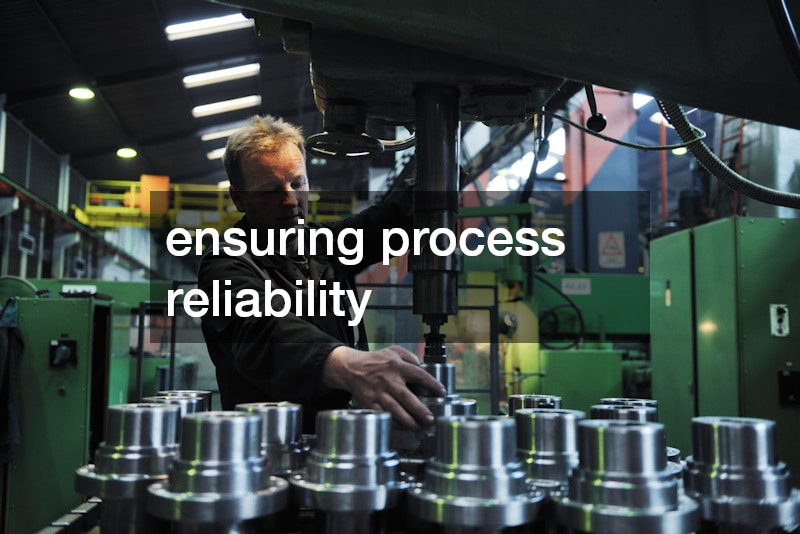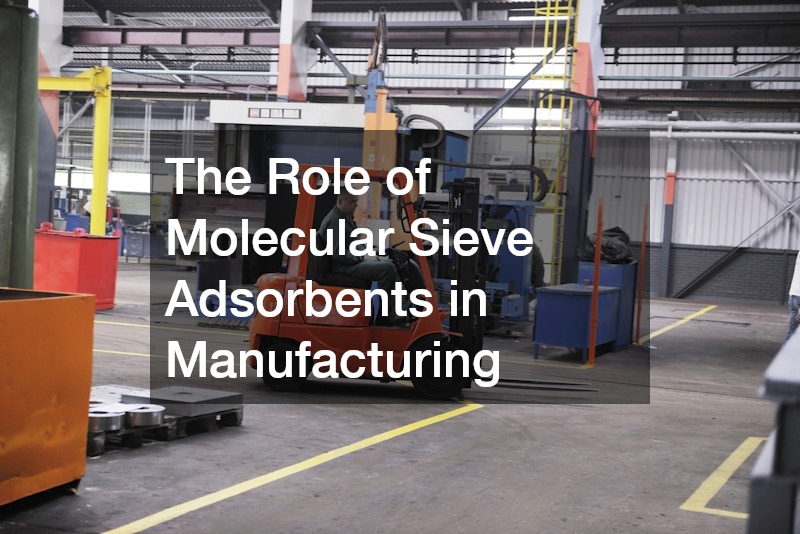Molecular sieve adsorbents play a crucial role in manufacturing by enabling efficient separation, purification, and drying processes across various industries. These crystalline materials, typically made from zeolites or synthetic compounds, have a unique porous structure with uniform pore sizes. This structure allows them to selectively adsorb specific molecules, making them indispensable in sectors like petrochemicals, pharmaceuticals, and environmental engineering.
In manufacturing, molecular sieves are widely used to remove moisture and impurities from gases and liquids. For instance, in the petrochemical industry, they help separate hydrocarbons and purify natural gas by trapping water molecules and other contaminants. Their ability to achieve extremely low dew points ensures that downstream processes operate without interruptions caused by moisture-related issues.
Pharmaceutical manufacturing also benefits from molecular sieve adsorbents. They are employed to purify solvents, separate isomers, and create drug compounds with precise compositions. The selective adsorption of molecular sieves ensures high product purity, which is critical for meeting stringent regulatory standards.
Molecular sieves are environmentally significant in manufacturing processes as well. They aid in capturing carbon dioxide and other greenhouse gases during emissions treatment, contributing to sustainable practices. Additionally, their use in oxygen generation and nitrogen separation enhances efficiency in industries such as healthcare and metal fabrication.

The versatility of molecular sieve adsorbents lies in their ability to be regenerated and reused, making them both cost-effective and environmentally friendly. As industries continue to innovate, these materials are increasingly tailored for specialized applications, further solidifying their role in modern manufacturing.
By optimizing resource use and ensuring process reliability, molecular sieve adsorbents remain a cornerstone of manufacturing advancements, enabling industries to produce high-quality goods efficiently and sustainably.


